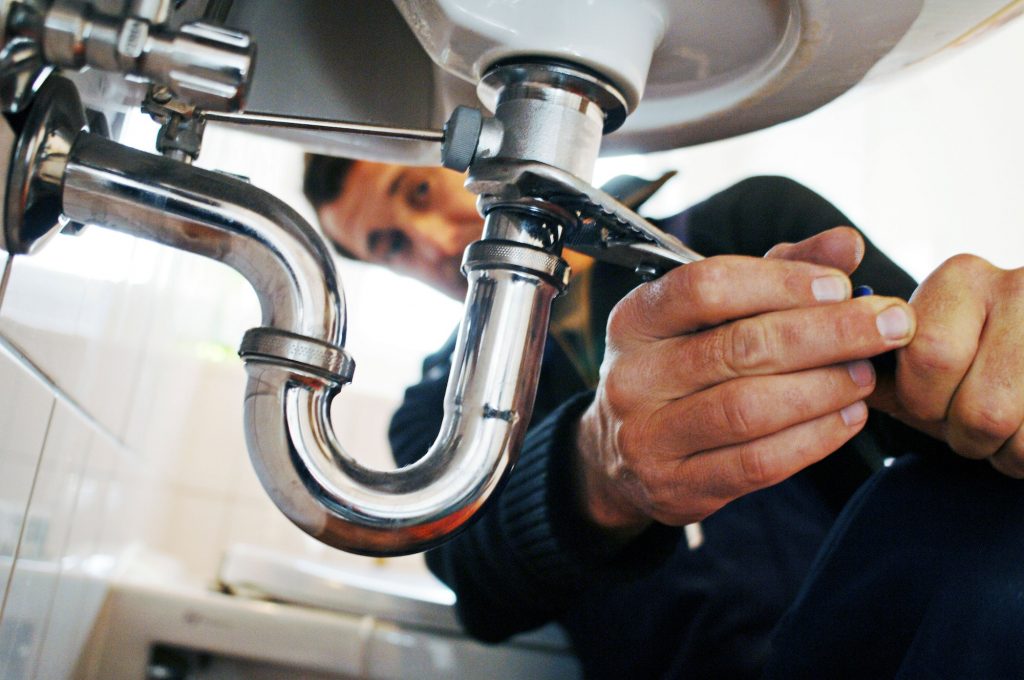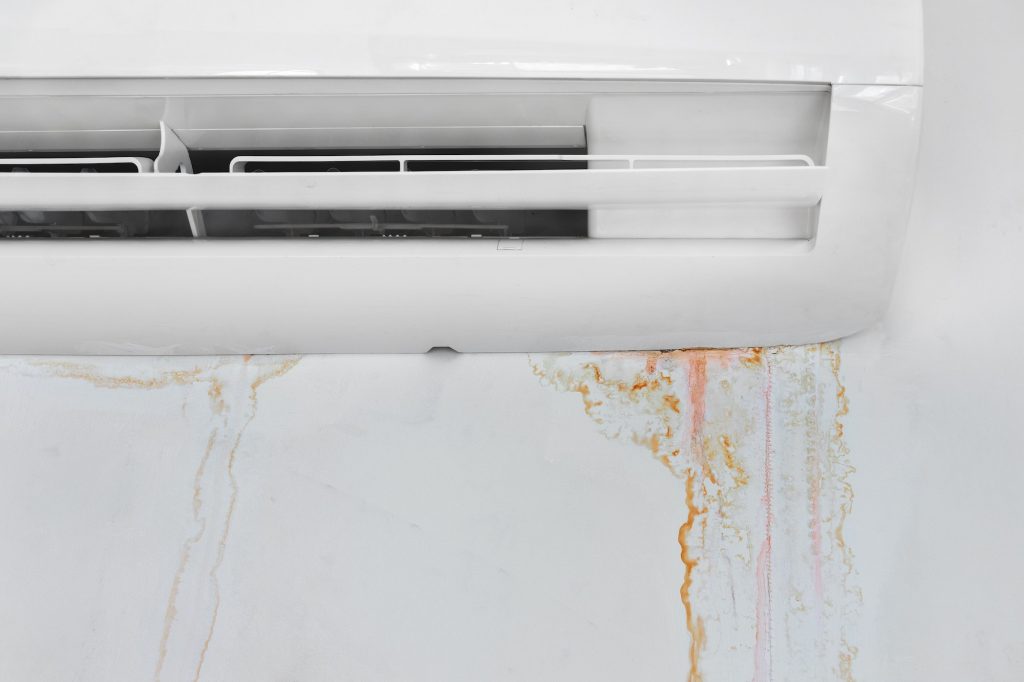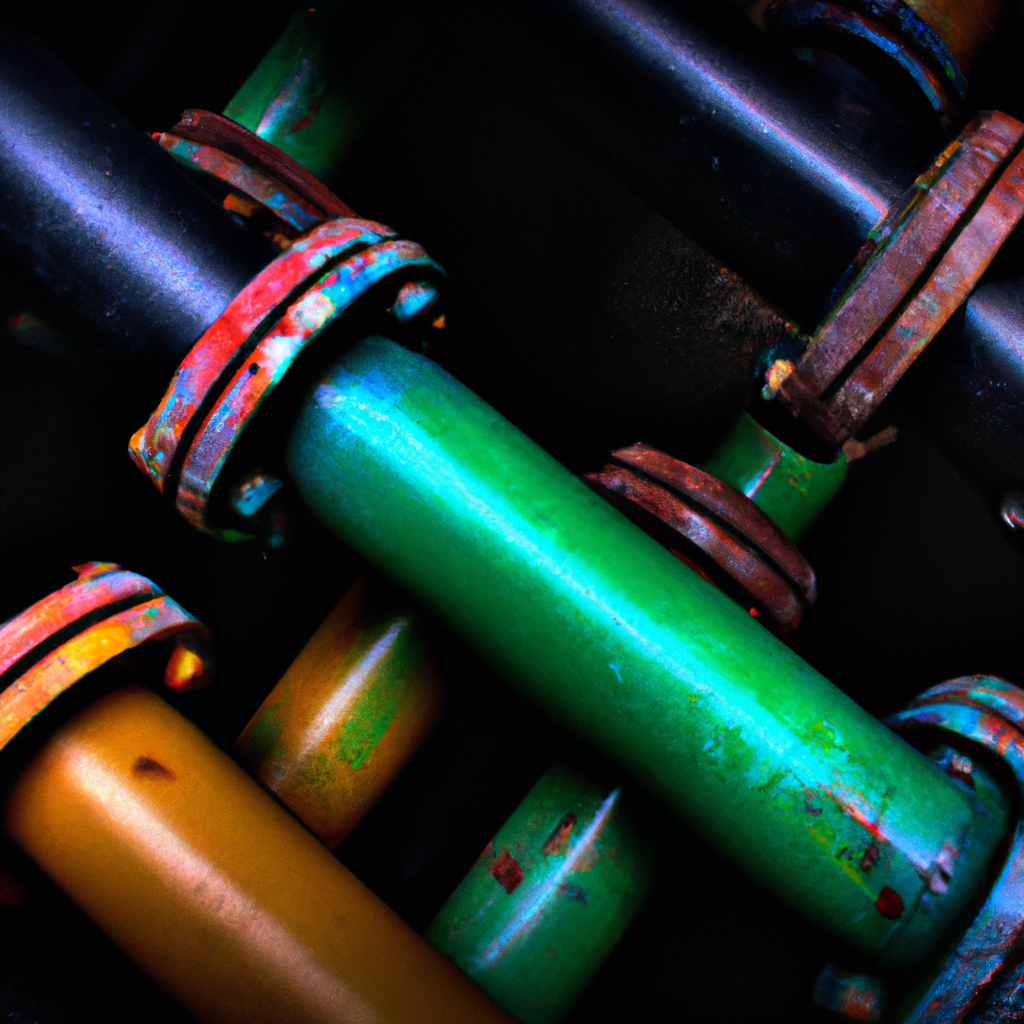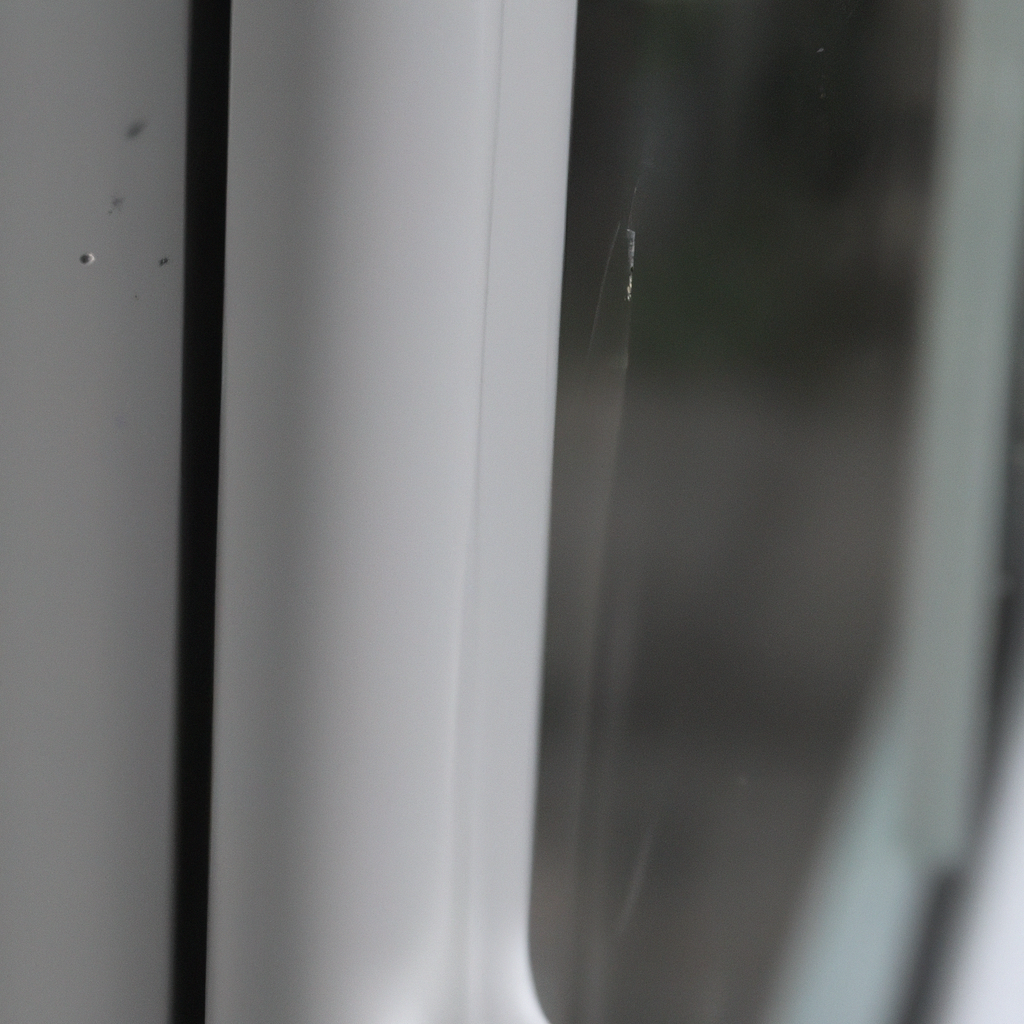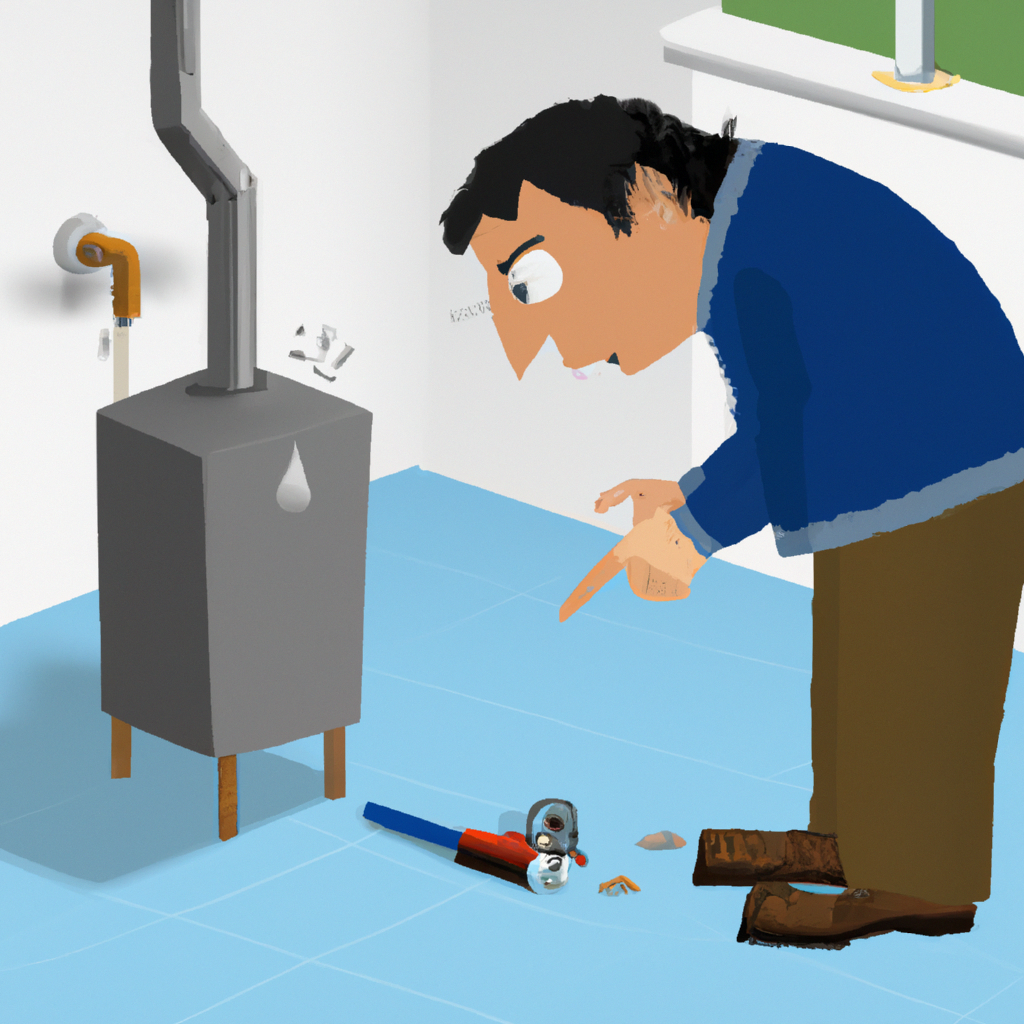
Are you experiencing problems with your water heater? Do you find yourself taking cold showers, or does your hot water seem to run out too quickly? These are all signs that your water heater may be faulty. In this article, we will guide you through the steps to identify and repair a faulty water heater.
Understanding Water Heaters
Water heaters are an essential part of your home’s plumbing system. They provide you with hot water for showering, washing dishes, doing laundry, and more. Water heaters come in different types, including electric, gas, and tankless. Each type has its own set of advantages and disadvantages.
Tankless water heaters, for instance, are more energy-efficient than their counterparts. They heat water on demand, which means you don’t have to keep a tank of hot water waiting. Gas water heaters, on the other hand, are generally cheaper to operate but require a gas line to work. Electric water heaters are easy to install and maintain but can be more expensive to operate.
Signs of a Faulty Water Heater
The first step in identifying a faulty water heater is to look for signs of trouble. Here are some common signs that your water heater may be in need of repair:
No Hot Water
If you turn on your hot water tap and only get cold or lukewarm water, there may be a problem with your water heater. This could be due to a faulty heating element, a broken thermostat, or a malfunctioning gas valve.
Slow Recovery Time
If your water heater takes a long time to heat up, or if it runs out of hot water quickly, this could be a sign of a faulty water heater. This could be due to a buildup of sediment in the tank, a malfunctioning thermostat, or a damaged heating element.
Strange Noises
If you hear popping, cracking, or rumbling noises coming from your water heater, this could be a sign that there is a buildup of sediment in the tank. This can cause the water heater to work less efficiently and can ultimately lead to failure.
Leaks
If you notice water pooling around the base of your water heater, this could be a sign of a leak. Leaks can be caused by a variety of factors, including a damaged tank or a corroded valve.
Repairing a Faulty Water Heater
Once you have identified the problem with your water heater, it’s time to take steps to repair it. Here are some common repairs you can do yourself, or you can hire a professional to do them for you.
Flushing the Tank
If your water heater is experiencing slow recovery time or strange noises, flushing the tank can help. Flushing the tank involves draining the tank of all water and sediment. This can be done by attaching a hose to the drain valve and running it outside.
Replacing the Heating Element
If your water heater is not producing hot water, or if it is producing only lukewarm water, the heating element may need to be replaced. This involves turning off the power to the water heater, draining the tank, and removing the old heating element. The new heating element is then installed, and the tank is refilled with water.
Replacing the Thermostat
If your water heater is not producing hot water, the thermostat may be faulty. This involves turning off the power to the water heater, draining the tank, and replacing the thermostat with a new one.
Replacing the Valve
If your water heater is leaking, the valve may be damaged. This involves turning off the water and gas supply to the water heater, draining the tank, and replacing the valve with a new one.
Conclusion
A faulty water heater can be a frustrating and inconvenient problem. However, by understanding the signs of trouble and taking the appropriate steps to repair it, you can keep your water heater running smoothly. Whether you choose to do the repairs yourself or hire a professional, always remember to turn off the power and water supply to the water heater before attempting any repairs. By following these simple steps, you can keep your water heater working efficiently and avoid costly repairs in the future.

